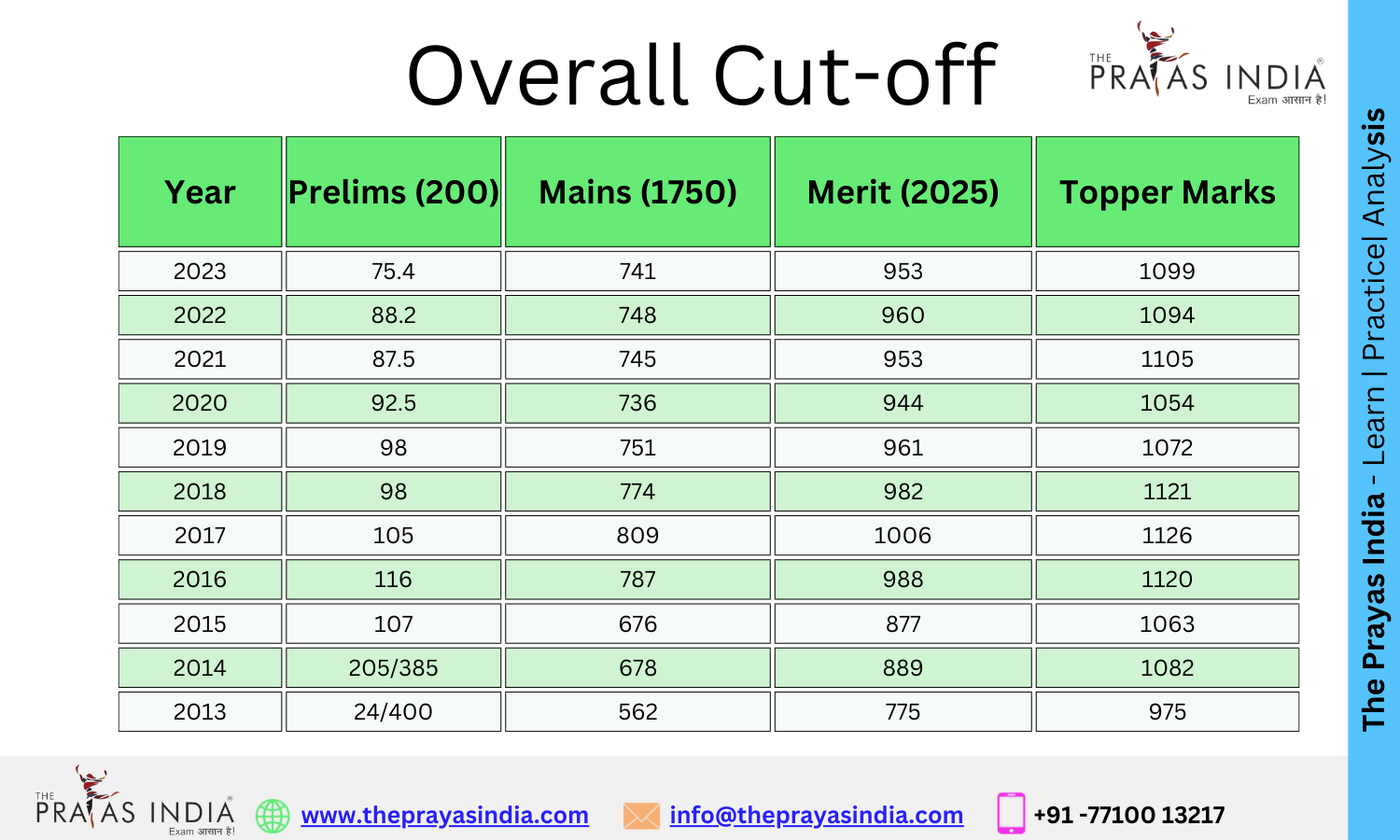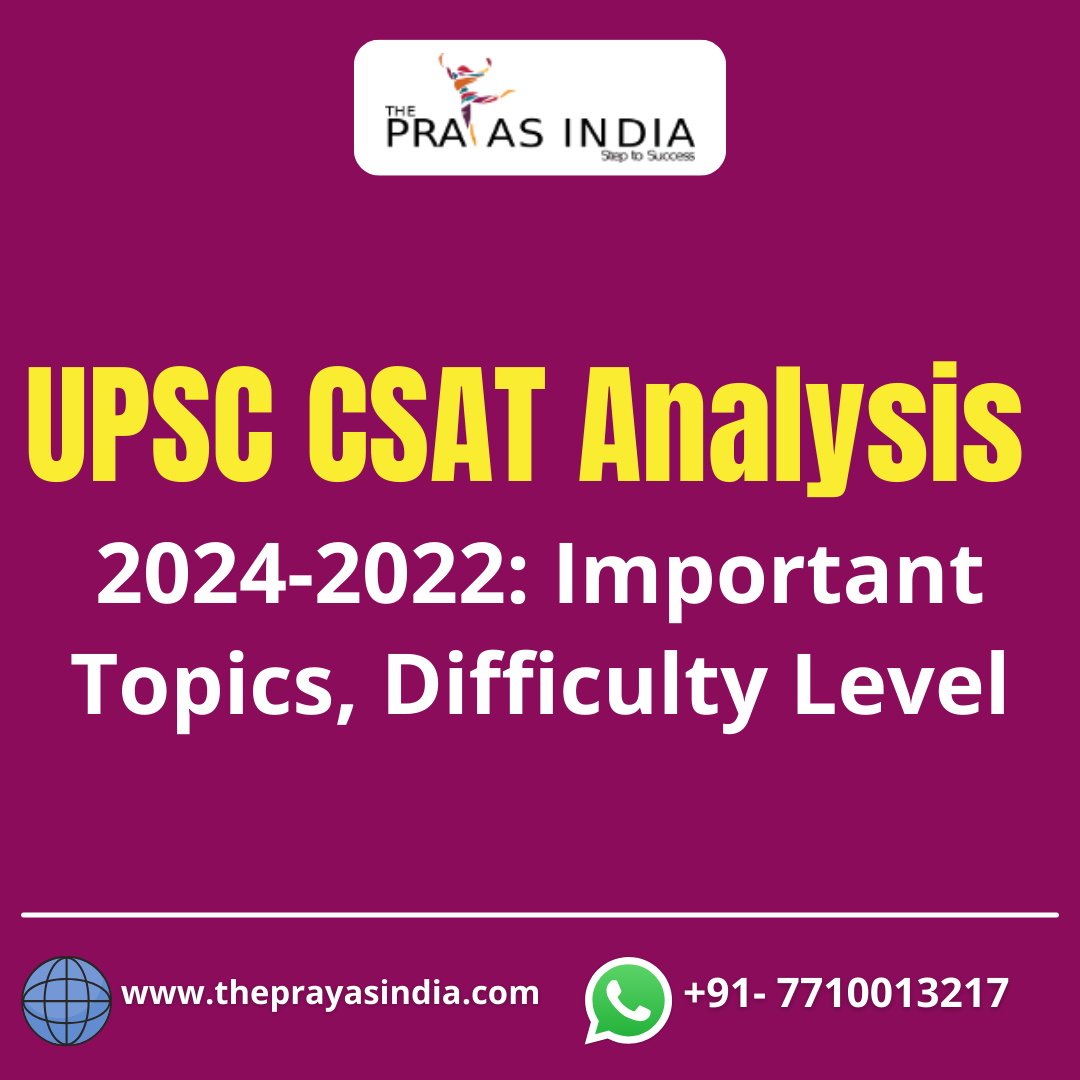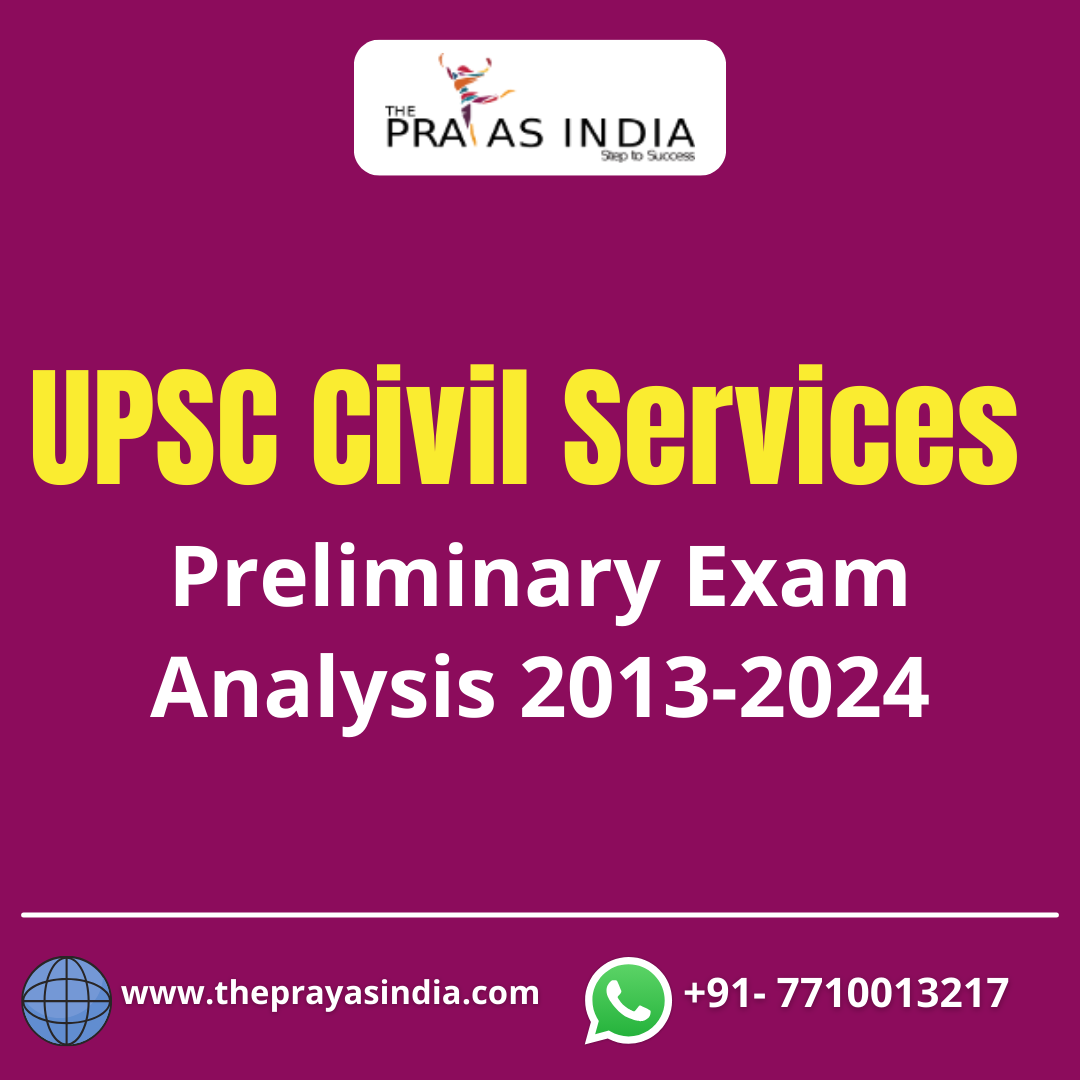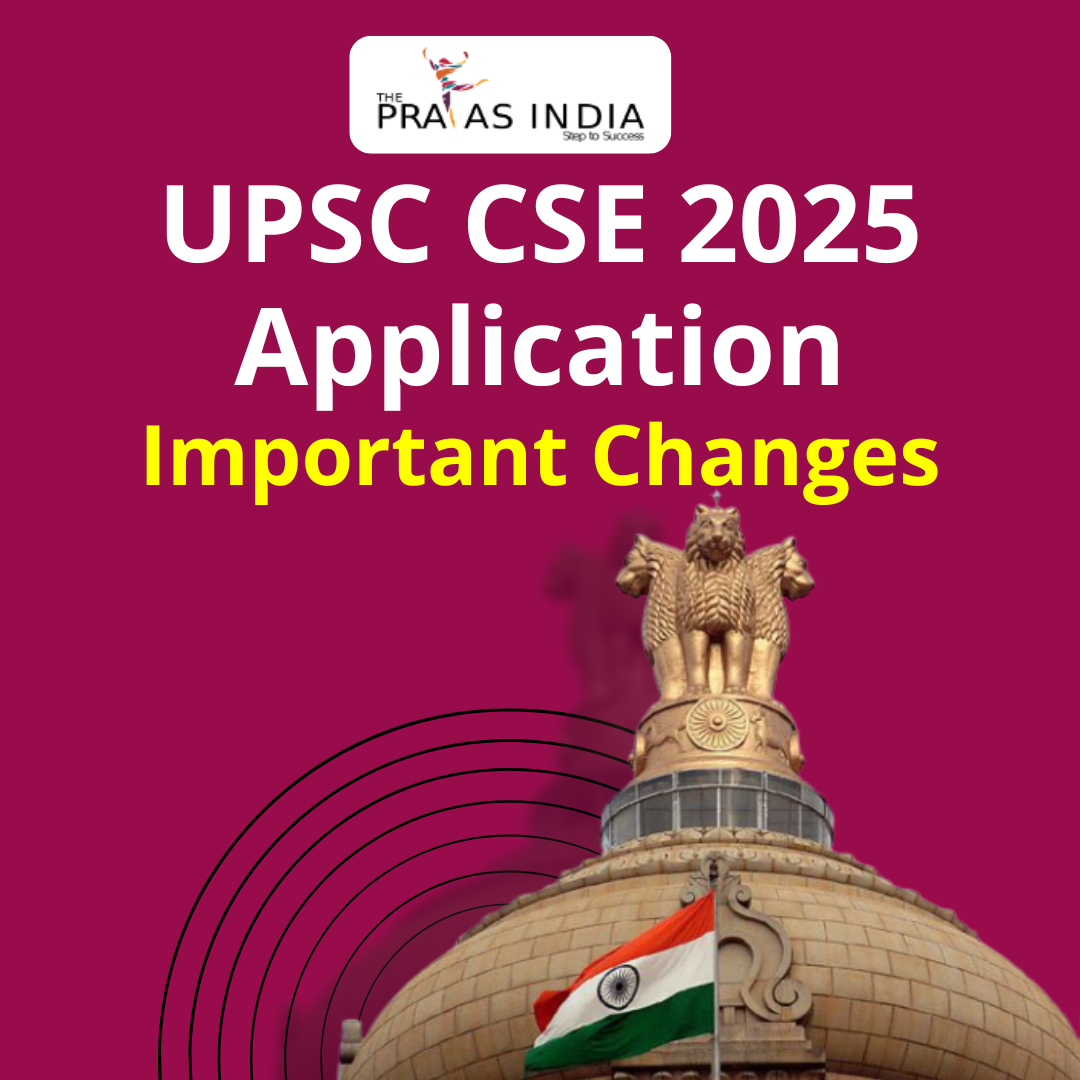State Council of Ministers
Constitutional Provisions
- The States, or the other half of Indian federalism, are addressed within Part VI of the Constitution. Articles 152-237 deal with various state-related provisions. It encompasses the state’s executive, legislative, and judicial bodies. The Council of Ministers (CoM) in states is dealt within Articles 163 – 164.
- Article 163 provides that the Governor is aided and advised by the Council of Ministers. State Council of Ministers are analogous to Central Ministerial Councils. The Chief Minister is in charge of the state council. On the advice of the CM, the governor appoints ministers to the council.
The Constitution under Article 163 further provides for –
- A Council of Ministers, led by the Chief Minister, shall assist and advise the Governor in the discharge of his duties, except to the extent that he is obliged by or under this Constitution to exercise all or any of his duties in his discretion.
- If there would be any speculation as to whether a matter is or is not one in which the Governor is required to act in his discretion by or under this Constitution, the Governor’s decision in his discretion shall be final, and the validity of anything done by the Governor shall not be called into question on the basis that he should or should not have acted in his discretion.
- The question whether any and if so what, advice was tendered by Ministers to the Governor shall not be inquired into in any court.
Article 164 provides for:
- The overall number of Ministers in a State’s Council of Ministers, including the Chief Minister, must not exceed 15% of the total number of members of the Legislative Assembly of that State
- The State’s Legislative Assembly will hold the Council of Ministers collectively accountable.
- The Governor shall administer the oaths of office and secrecy to a Minister before he assumes his office, using the forms set out in the Third Schedule for that purpose.
- A Minister who is not a member of the State Legislature for a period of six months or more ceases to be a Minister at the end of such period.
- Ministers’ wages and allowances shall be as determined by the State Legislature from time to time by legislation and shall be as indicated in the Second Schedule until the State Legislature so determines.
Article 166 deals with the Conduct of Business of the Government of a state.
Qualifications
To be a Minister of a State Council, one should be a member of the State legislature, if he is not a member of state legislature while becoming a member of the state legislature, he has to become one within the period of six months from the date of entering the office.
Further, the qualifications needed to be a member of the state legislature are :
a) He must be a citizen of India.
(b) He must bear true faith and allegiance to the Constitution of India.
(c) He must be not less than 30 years of age in the case of the legislative council.
(d) He must not be less than 25 years of age in the case of the legislative assembly.
Role And Functions of State Council Of Ministers
Formulation of Policies
- Ministers are in charge of formulating the government’s policies.
- The Cabinet makes decisions on all key issues, including public health, disability and unemployment benefits, plant disease control, water storage, land tenures and production, and the supply and distribution of goods.
- The appropriate department implements the policy when it has been developed.
Administration and Maintenance of Public Order
- The executive power must be used in a way that ensures that state laws are followed.
- The Governor is empowered by the Constitution to create -rules for the more efficient conduct of government activities.
- The Council of Ministers advises on all such regulations.
Appointments
- The Governor has the authority to appoint the Advocate-General and State Public Service Commission members.
- The Governor appoints the Vice-Chancellors of the State Universities, as well as members of numerous Boards and Commissions. These appointments cannot be made at the Governor’s discretion. On the advice of his ministers, he must carry out these duties.
Guiding the Legislature
- The majority of the bills voted by the legislature are government bills drafted by ministries.
- The Ministers introduce, explain, and defend them before the State Legislature. Each year, before the start of the first session of the Legislature, the Cabinet prepares the Governor’s Address, in which it lays out its legislative agenda.
Control over the State Exchequer
- The Finance Minister presents the State Legislature with the State budget, which includes estimates of revenue and expenditure for the coming year.
- In the case of a Money Bill, the Legislature cannot take the initiative.
- Only a Minister can introduce such a Bill, which must be recommended by the Governor. The Executive does have the initiative regarding financial matters.
Execution of Central Laws and Decisions of the Union Government
- In certain situations, the Union Government has the authority to issue directives to state governments.
- States should use their executive power to guarantee that the laws passed by Parliament are followed.
- They should not do anything that might jeopardize the Union’s executive power.
Types of Responsibilities
There are two types of responsibilities :
- Collective responsibility
- Individual responsibility
Collective Responsibility:
- Article 164 clearly states the council of ministers is collectively responsible to the legislative assembly of the state.
- This means that all ministers have shared responsibility for all their actions of omission and commission before the legislative assembly.
- They operate together as a team and sink or swim as a unit.
- When the legislative assembly approves no-confidence motions against the council of ministers, all ministers, including those on the legislative council, are required to resign.
- The notion of collective responsibility also indicates that a cabinet decision binds all cabinet ministers (and other ministers), even if they deferred in cabinet.
- It is the responsibility of all ministers to support cabinet decisions both inside and outside the state legislature. A minister must resign if he disagrees with a cabinet decision.
Individual responsibility
- Individual accountability is likewise enshrined in Article 164. The ministers serve at the governor’s leisure, according to the law.
- This means that the governor can dismiss a minister if the council of ministers has the legislative assembly’s confidence.
- The governor, on the other hand, can only remove a minister on the advice of the chief minister.
- In the event of a disagreement or unhappiness with a minister’s performance, the chief minister may ask him to quit or advise the governor to remove him.
Appointment to the State Council of ministers
- The Chief Minister is appointed by the governor.
- The other ministers are appointed by the governor on the advice of the chief minister.
- The governor can appoint only those persons as ministers who are recommended by the chief minister.
Removal
- Members of the state council of ministers can hold office during the pleasure of the governor, but the governor exercises his power on the recommendation of the chief minister.
Composition of State Council Of ministers
- Cabinet ministers, ministers of state, and deputy ministers make up the council of ministers. The distinction between them is found in their rankings.
- The cabinet ministers are in charge of the major departments.
- The independent charge is normally assigned to ministers of state.
- Cabinet ministers are assisted by deputy ministers.
Conclusion
The Council of Ministers decides the state legislative agenda and takes the lead in introducing and passing government legislation. It’s the strong state legislative council that makes the state progress on the path of development faster and safer. The Expansion of the government arm in the improvement of the lives of people of the state begins with the council of ministers. It goes down the history line of democratic India how the strong legislation and its implementation is responsible for changing lives. The State council of ministers can be treated as the backbone of the government.


![Prayas-लक्ष्य [UPSC CSE Target] The Prayas India](https://theprayasindia.com/wp-content/uploads/2021/08/Prayas-लक्ष्य-UPSC-CSE-Target-The-Prayas-India-300x167.png)

![Prayas Pre-भेदश [UPSC CSE Prelims Test Series] The Prayas India](https://theprayasindia.com/wp-content/uploads/2021/08/Prayas-Pre-भेदश-UPSC-CSE-Prelims-Test-Series-The-Prayas-India-300x167.png)










